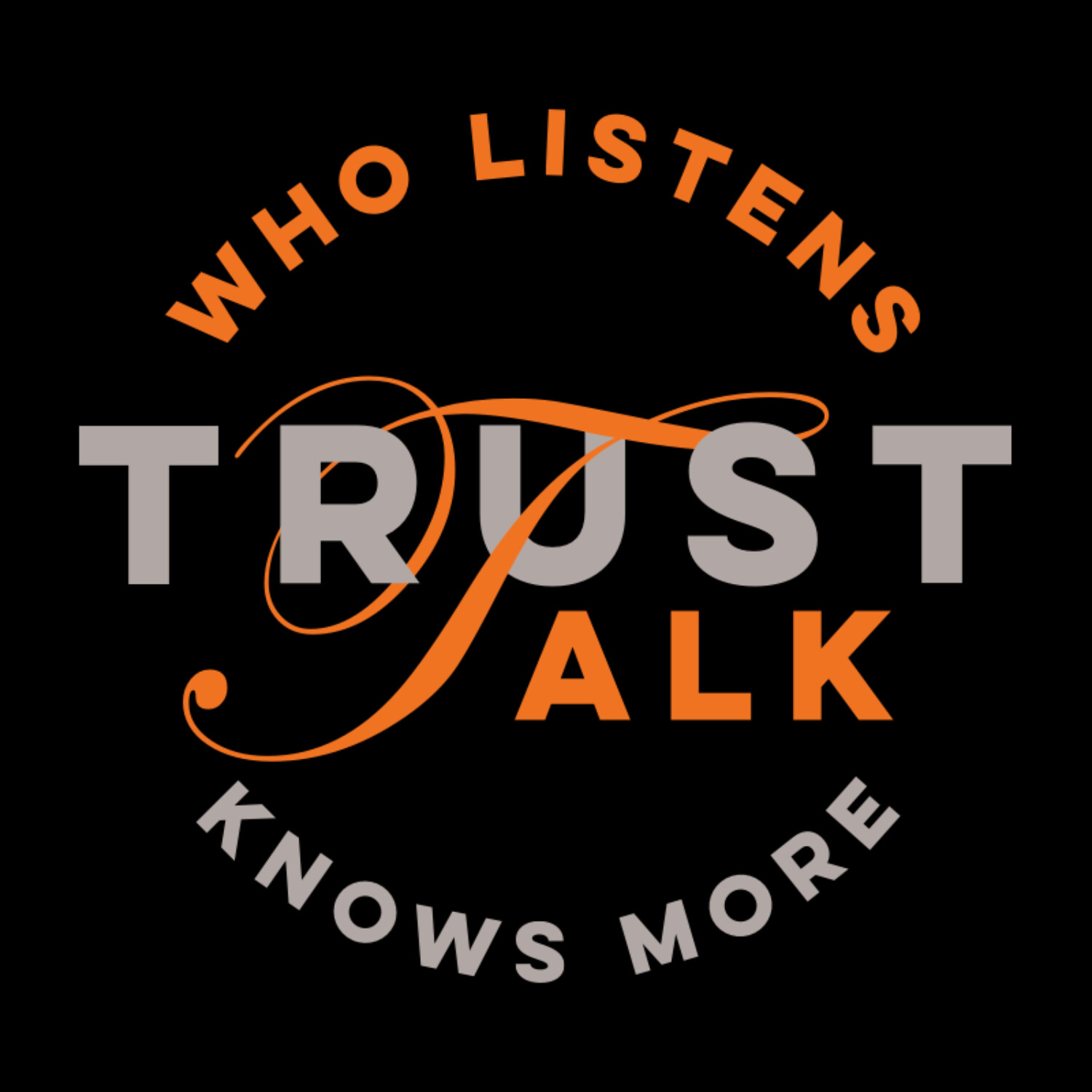Religion and Trust
Description
In episode 102 we meet Adam Seligman Professor of Religion at Boston University He talks about the profound dynamics of trust, religion, and human rights in today’s society. Seligman, a prominent thinker in religion and social theory, shares his insights on the difference between trust and confidence. Confidence, he explains, is based on predictability and the security of known outcomes, whereas trust is a leap into the unknown, requiring a willingness to take risks and embrace uncertainty. Trust, he argues, requires humility and an openness to others’ perspectives.
Adam reflects on how religious communities traditionally provide a shared basis for confidence through common rituals, beliefs, and practices. Beyond this, religion introduces a “vertical axis” of meaning, linking individuals to something greater than themselves, which allows them to trust those beyond their immediate circles. He explores how this orientation fosters trust across boundaries and strengthens communal bonds.
Addressing current challenges, he expresses concern over the entanglement of religion and politics, particularly where nationalism and religious identity merge. This fusion, seen in various countries, often intensifies divisions, fostering exclusion and mistrust rather than unity. He points to examples in Israel, the United States, and India, suggesting that this trend risks further polarizing societies.
Adam also critiques the Western emphasis on individual rights, arguing that this focus can overlook the human need for belonging and community. In discussing his article The Tragedy of Human Rights, co-authored with David Montgomery, he explains that while human rights are essential, they often privilege individual autonomy over collective well-being. He shares an example from Uganda, where local communities prioritized reintegrating former child soldiers to promote communal healing, contrasting with Western approaches that focus on punitive justice.
Reflecting on modern society’s complexity, he notes that the many roles people assume today—such as family members, professionals, and community participants—allow for "hiding" different parts of themselves, which was less common in smaller, more tightly-knit communities. This complexity makes trust more necessary, yet more challenging to achieve, as shared understanding and common values are increasingly fragmented by social media and individualism.
Adam concludes by portraying trust as a “generative” force that can build new futures, not only on a personal level but also with political implications. Through his work with CEDAR, an NGO focused on community engagement across differences, he shares how an openness to others can bridge divides, foster social resilience, and reduce conflict.
More Episodes
In this episode of TrustTalk, my guest explores the fragile dynamics of trust in today’s world of shifting alliances and escalating global tensions. With Richard Ned Lebow, emeritus professor of international political theory at King’s College London, we dive into the critical questions shaping...
Published 11/26/24
Published 11/26/24
In this episode of TrustTalk, we talk with Anne de Graaf, Corporate Affairs Director at Heineken Cambodia. Drawing from her extensive experience in finance, diplomacy, and leadership, Anne shares her unique perspectives on the role of trust in international business and cross-cultural...
Published 10/23/24


